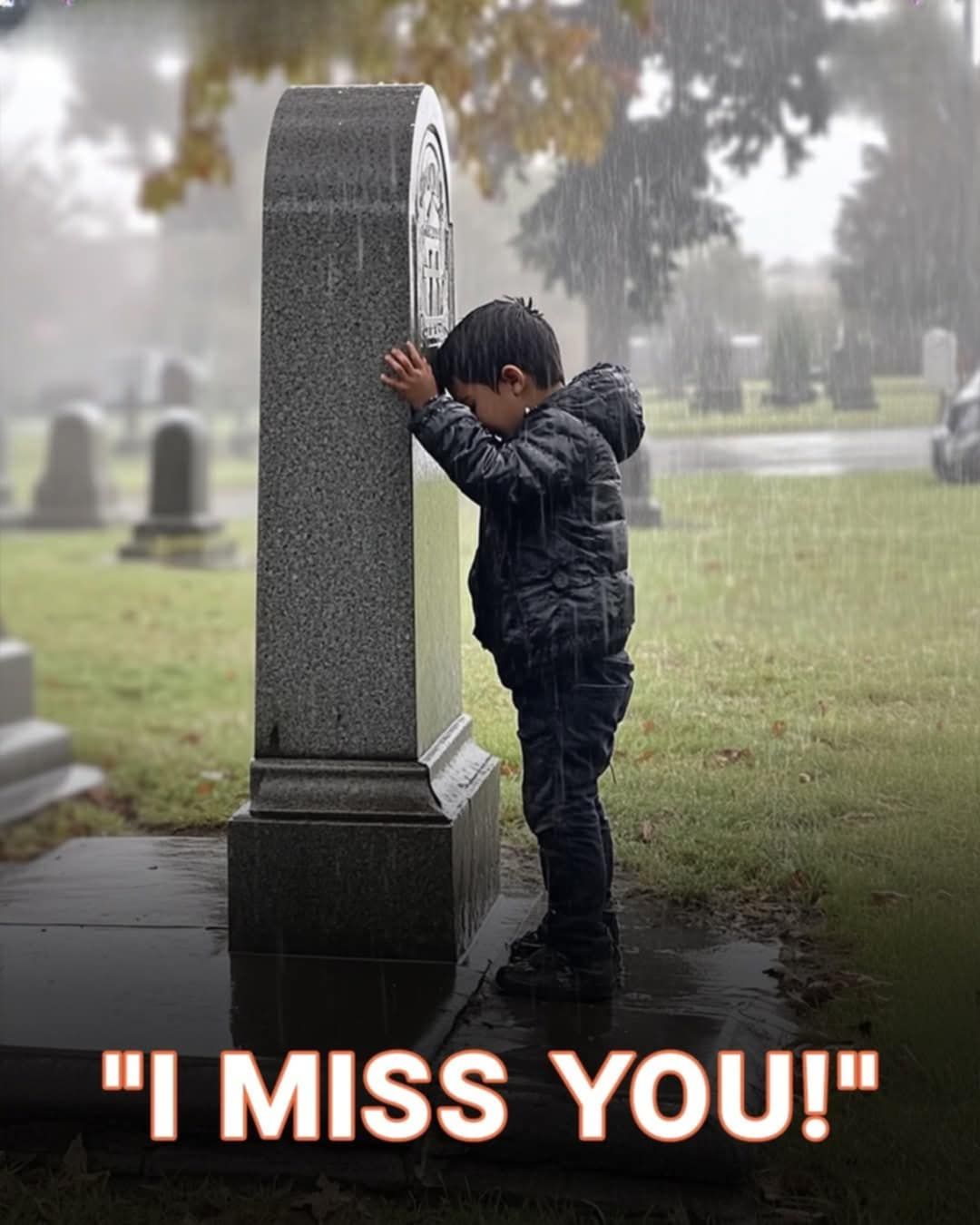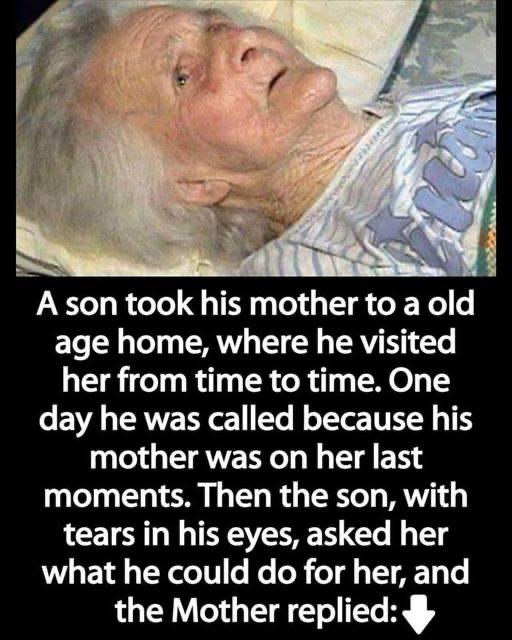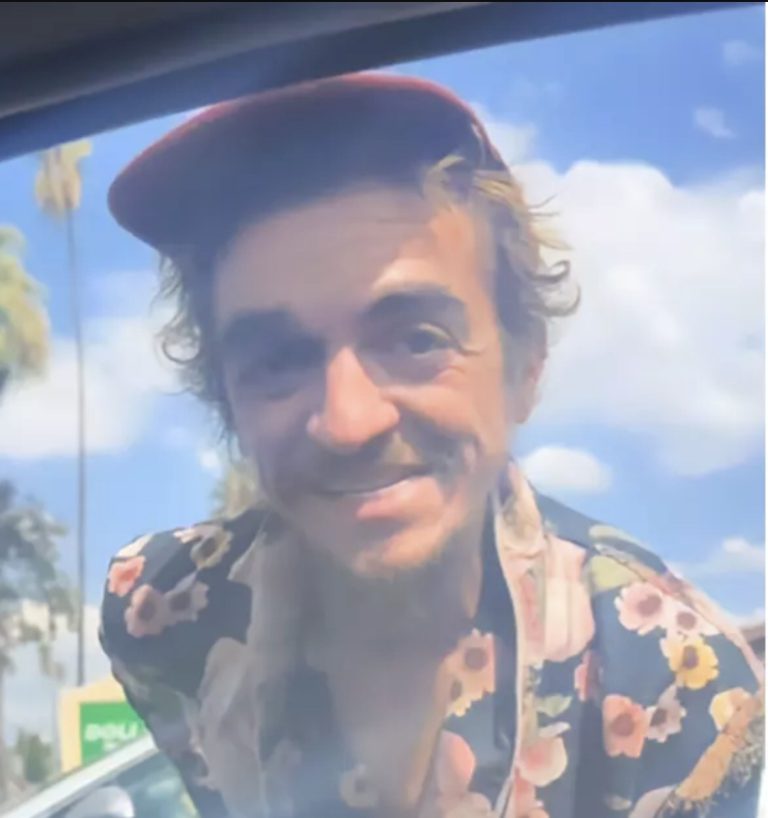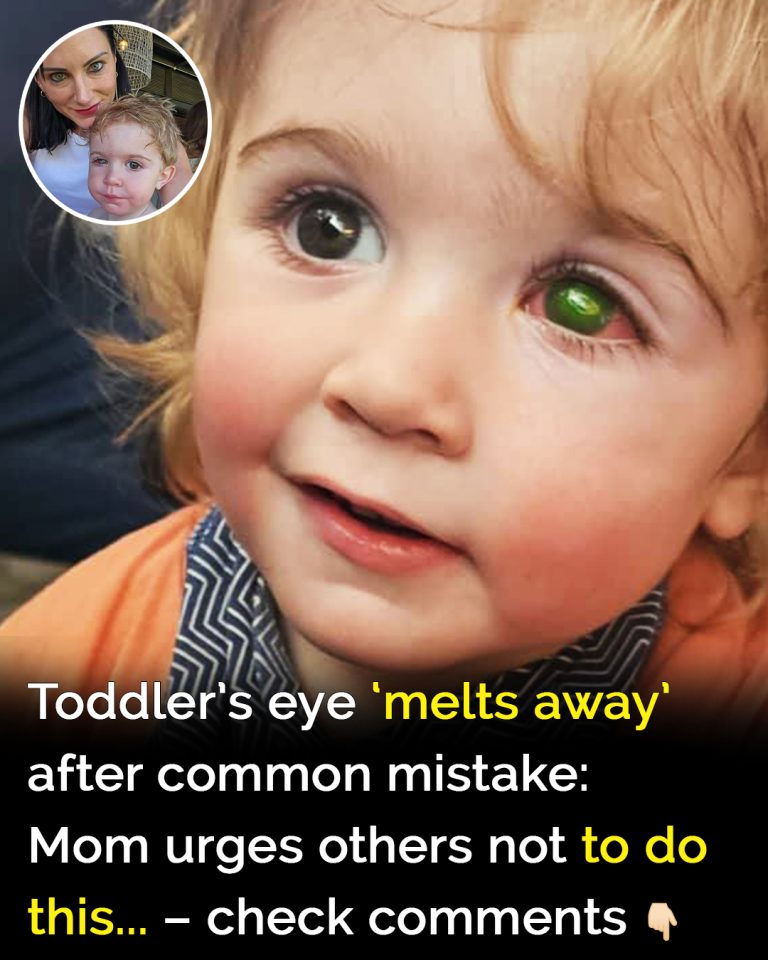Boy Goes to Visit Twin Brothers Grave, Doesnt Return Home Even at 11 pm
What started as a quiet Sunday afternoon turned into every parent’s nightmare when the Wesenbergs discovered their young son Ted floating lifeless in their backyard pool. It was the one place they thought was safe—a space meant for laughter, not loss. Paul jumped in, frantically pulling his boy from the water and performing CPR until paramedics arrived, but nothing worked. Ted was gone.
At his funeral, Linda sat frozen with grief, her face pale and expressionless. The house that once echoed with twin giggles now felt cold and fractured. In the week that followed, everything fell apart. The silence became unbearable, and so did the fighting. Linda and Paul—once a loving couple—were now locked in a cycle of blame, grief, and anger. And their surviving son, Clark, was left alone in the storm.
Every night, Clark lay under his blanket, clutching his teddy bear as the sounds of shouting filled the walls around him. He missed his brother. He missed the way things used to be—before hugs turned into silence and smiles became sighs. Back when Linda made pancakes shaped like stars and Paul played soccer in the backyard. Now, meals were burnt toast and eggs. There were no bedtime stories, no kisses goodnight. Just noise and sadness.
One evening, the shouting grew louder than ever. Clark couldn’t take it anymore. “Mommy! Daddy! Please stop!” he screamed as he ran into their room. But instead of comfort, he was met with more accusations hurled back and forth, his parents forgetting he was even there.
With tears running down his face, Clark whispered, “I hate you both. I want to go be with Ted. He was the only one who loved me.” Then he turned and ran—out of the room, out of the house, and straight into the night.
He paused only to gather the dahlias he and Ted had planted together. The flowers were now the only connection he had left to his twin. He carried them with care as he made his way to the cemetery just blocks from home.
At Ted’s grave, Clark pressed his hand to the stone, tracing the engraved letters with his fingertips. “I miss you, Ted,” he sobbed. “Please come back. Mommy and Daddy don’t love me anymore. Nobody plays with me. I just want to be with you again.”
Hours passed as Clark sat there, pouring his heart out to the cold stone. The wind grew colder, and the cemetery emptied, but Clark stayed. For the first time in a long time, he felt understood—even if it was by silence.
Then came a sound behind him. The rustling of leaves. Clark spun around, startled. Shadows moved in the dark. A group of figures in black robes emerged, their faces hidden under hoods, holding firebrands. One of them stepped forward.
“Who dares enter our sacred grounds?” the man growled. “You shouldn’t be here, boy.”
Clark’s voice trembled. “Who… who are you? Please, I just want to go.”
As he backed away in fear, another voice rang out—firm and annoyed.
“Chad! How many times do I have to tell you kids not to act out your ridiculous cult fantasies in my graveyard?” A tall man in his 50s stepped into view, sharply dressed and clearly unimpressed. “These kids are more bark than bite,” he told Clark gently. “Come on, let’s get you somewhere safe.”
Mr. Bowen, the cemetery caretaker, led Clark to a small nearby cabin. There, he made hot chocolate and listened. And Clark finally spoke—about Ted, the arguments, the loneliness, the way everything had changed. Bowen nodded quietly, then shared his own grief: a wife and child lost in a plane crash, years of loneliness and silence. “What happened to your family is every parent’s nightmare,” he said. “But your parents still love you, Clark. They’re just hurting.”
Meanwhile, back home, Linda was pacing in panic. She had just ended a call with a friend when she noticed the house was too quiet. Clark wasn’t in his room. He wasn’t anywhere. Her heart dropped. It was after 11 p.m., and he was missing.
Just then, Paul returned home. Linda ran to him in a frenzy. “Clark’s gone. I think… I think he went to the cemetery.”
They raced through the streets, hearts pounding, until they reached the graveyard. In the distance, they spotted fire and heard voices. A group of teens stood in robes, chanting around a fire, burning what looked like school report cards.
Panicked, Linda cried out for her son, but Clark was nowhere in sight.
Paul stormed up to the group. “Where is my son?” he demanded, showing them Clark’s photo. One of the boys, a smirking teen named Chad, finally relented. “Mr. Bowen took him. He lives right by the cemetery. We didn’t touch him.”
When the Wesenbergs arrived at Bowen’s cottage, they saw their son through the window, safe and sound, sitting beside the old man. They were about to rush in when they heard Clark’s voice.
“I don’t think Mommy and Daddy love me anymore,” he said softly. Bowen placed a comforting hand on his shoulder. “They do, Clark. You’re all they have left. Grief changes people, but love is still there. Give them a chance.”
Paul and Linda couldn’t hold back any longer. They burst into the cottage, rushing to embrace their son.
“I’m so sorry, baby,” Linda cried, holding him tight.
Paul looked at Bowen, his eyes full of gratitude. “Thank you. You didn’t just find our son—you helped us find our way back to him.”
From that night on, Mr. Bowen became more than a kind stranger. He became family. Over time, the Wesenbergs began to heal. They leaned on each other, talked openly about Ted, and learned how to love again—not in spite of the loss, but through it.
They never forgot Ted. They never stopped missing him. But they also never again let grief steal the child who was still with them.
Sometimes, healing starts with listening. Sometimes, it begins in a moment of fear and ends in love. And sometimes, it takes the quiet wisdom of a stranger to remind a broken family what it means to be whole.





